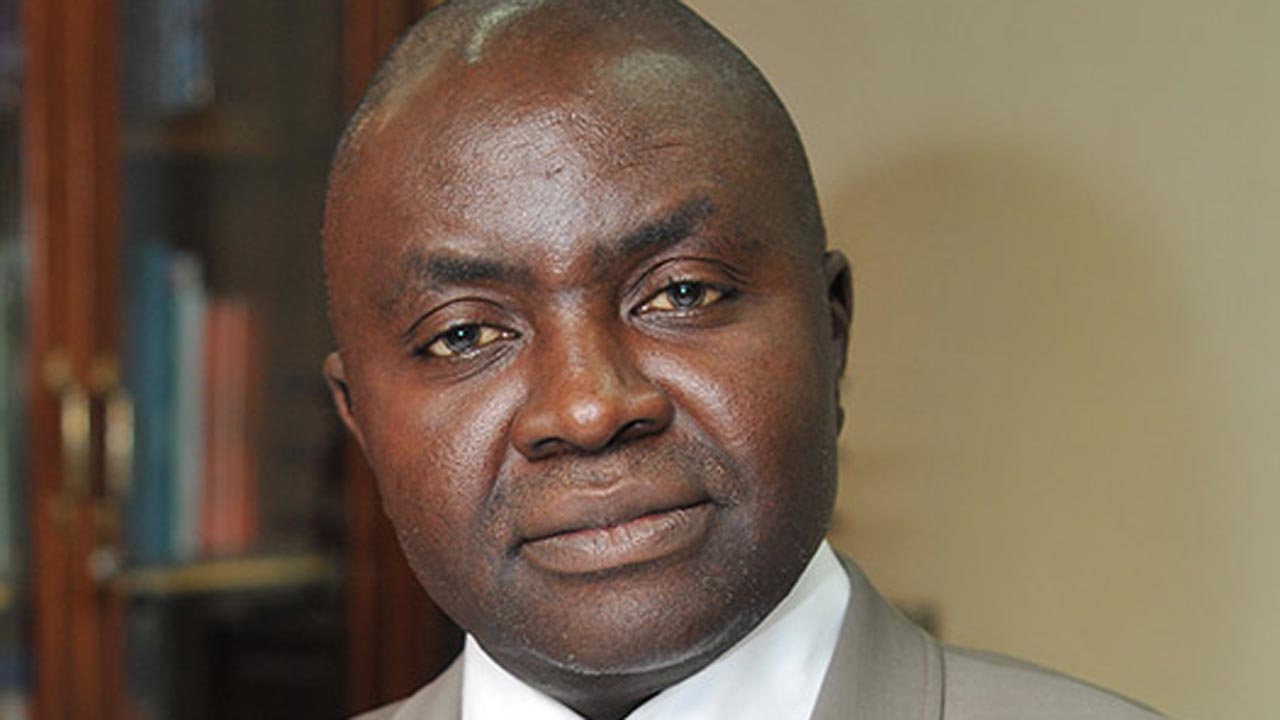Chief Executive Officer (CEO), Centre for the Promotion of Private Enterprise (CPPE), Dr Muda Yusuf, has said that to translate the Nigeria First Policy from strategy and mere words into impact, a robust implementation architecture is urgently required.
This, he said, should be built on five key pillars, including a strategic procurement policy; fiscal and monetary incentives, especially targeted incentives; strong legislative backing; the establishment or strengthening of a dedicated Nigeria First Policy Implementation and Monitoring Agency, as well as a strong private sector partnership.
Speaking through a policy brief on the Nigeria First policy, he regretted the fact that despite an abundance of natural and human resources, the country continues to face persistent structural economic vulnerabilities: heavy dependence on imports, a weak domestic production capacity, inadequate value addition and a fragile foreign exchange position.
Describing the Nigeria First Policy as a strategic initiative designed to address these vulnerabilities by placing domestic economic interests at the centre of national development strategy, he explained that its core objective is to prioritise Nigerian goods, services, human capital and enterprises in both public and private procurement and investment decisions.
According to him, the policy is anchored on three fundamental pillars, including local content development to deepen domestic production and reduce import dependence; value addition and industrial linkages to strengthen national supply chains; and strategic economic inclusion to ensure the benefits of growth are widely shared across regions and population groups.
Noting that Nigeria has experienced similar policy interventions in the past, including executive orders promoting local procurement and domestic participation, he said while the interventions demonstrated good intent, their impact was limited by weak enforcement mechanisms, poor institutional coordination, lack of legislative backing and policy inconsistency.
According to him, the current Nigeria First Policy seeks to overcome these past shortcomings through a structured, enforceable, incentive-driven and legally backed framework that will institutionalise local content and domestic value creation as national economic priorities.
He added that the policy was not merely an industrial strategy but a national economic security agenda whose implementation offers transformative opportunities for inclusive growth and structural transformation across multiple fronts, including economic security and stability, which he noted would reduce reliance on imports, strengthen Nigeria’s economic base and shield the economy from global market shocks.






